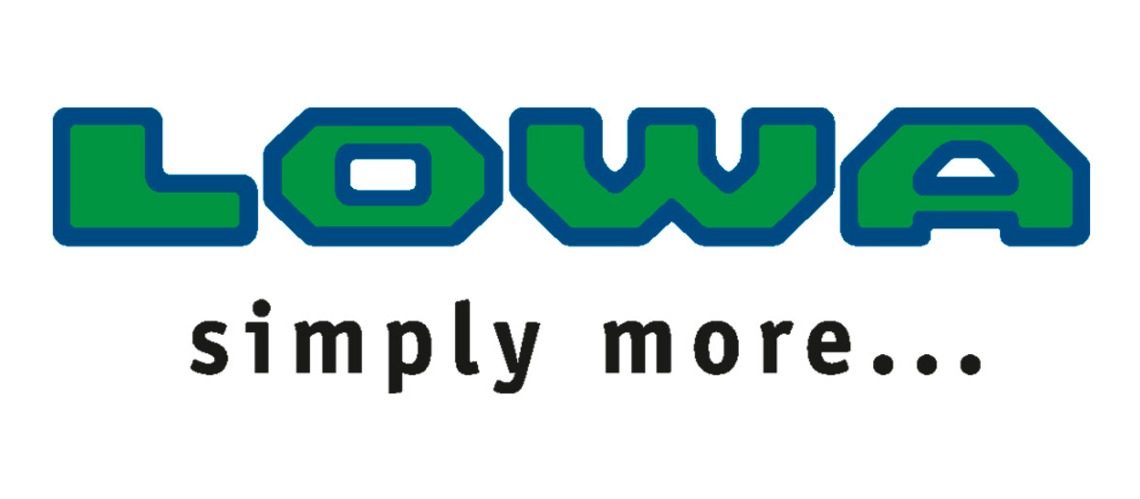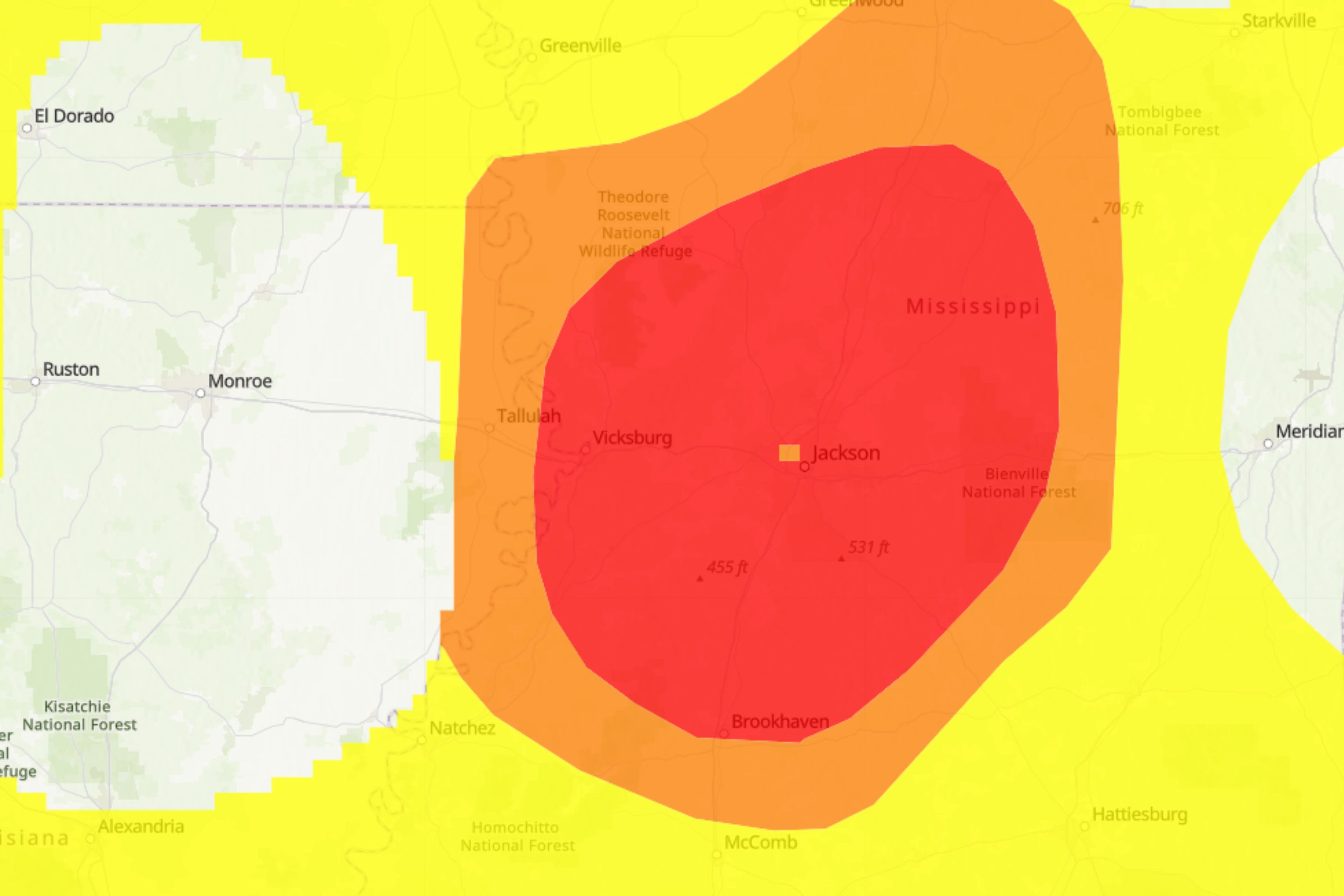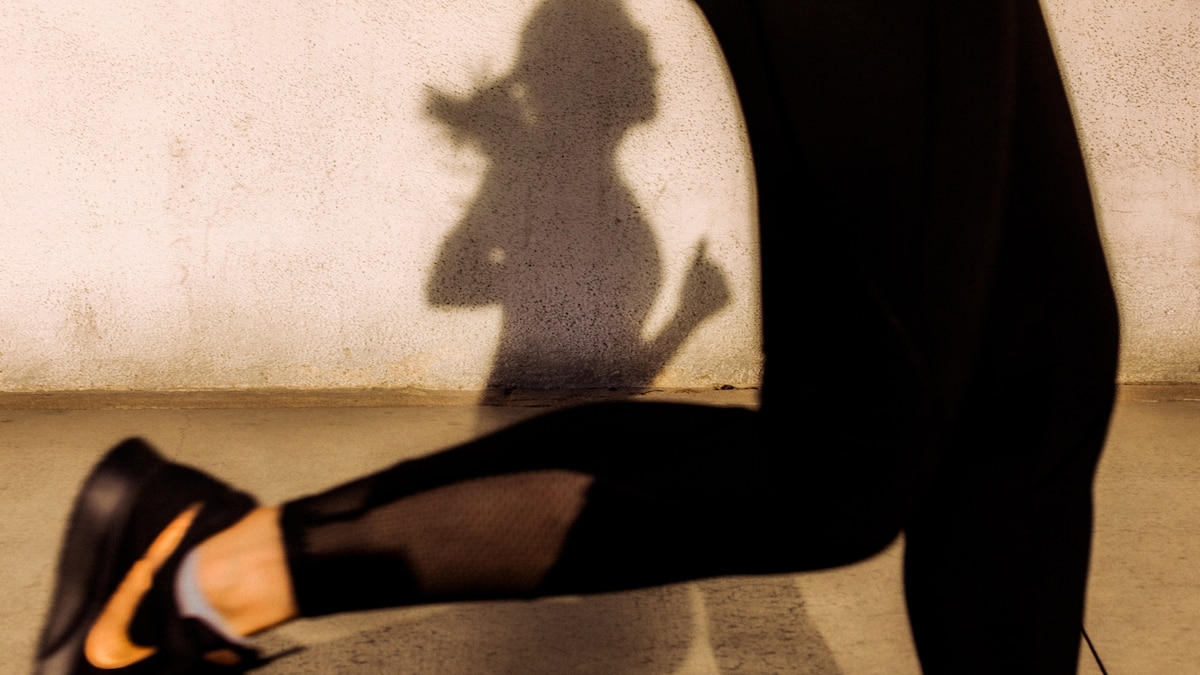LOWA Launches Global Scholarship Program To Empower Women In Mountaineering – Snow Industry News

Report on the LOWA and Summit Scholarship Foundation Partnership in Advancing Sustainable Development Goals
Introduction: A Partnership for Sustainable Development
A strategic partnership between the outdoor footwear company LOWA and the Summit Scholarship Foundation has been established to advance gender equality and female empowerment in the field of mountaineering. This initiative directly supports several United Nations Sustainable Development Goals (SDGs), primarily focusing on SDG 5 (Gender Equality) while also contributing to SDG 3 (Good Health and Well-being), SDG 4 (Quality Education), and SDG 17 (Partnerships for the Goals).
Alignment with Sustainable Development Goal 5: Gender Equality
Empowering Women in a Male-Dominated Field
The core mission of the partnership is to address gender disparities in mountaineering by creating access and community for female athletes. This aligns with SDG Target 5.5, which calls for ensuring women’s full and effective participation and equal opportunities for leadership. The initiative achieves this through:
- Financial Support: Providing funding through scholarships to remove economic barriers for women.
- Skills Development: Offering mentorship and training to build competence and confidence.
- Community Building: Creating a supportive network for women seeking transformative outdoor experiences.
Promoting Female Leadership and Role Models
The program is led and supported by prominent female figures in the endurance and mountaineering communities, including founder Sunny Stroeer, and mentors such as Ines Papert, Gerlinde Kaltenbrunner, and Alix von Melle. Their involvement provides critical role models and leadership, reinforcing the goal of empowering women in public life.
Contributions to Ancillary Sustainable Development Goals
SDG 3: Good Health and Well-being & SDG 4: Quality Education
The scholarship program promotes physical and mental well-being through challenging outdoor activities that build confidence and resilience. Furthermore, by providing structured introductory courses, guided expeditions, and expert mentorship, the foundation delivers specialized, non-formal education and lifelong learning opportunities for participants.
SDG 17: Partnerships for the Goals
This collaboration between a private sector entity (LOWA) and a non-profit organization (The Summit Scholarship Foundation) exemplifies a multi-stakeholder partnership essential for achieving the SDGs. The joint effort leverages corporate resources to scale the foundation’s impact in promoting gender equality.
Programmatic Details and Impact
Scholarship Scope and Reach
Since its inception in 2019, the Summit Scholarship Foundation has demonstrated significant impact by awarding over $175,000 in scholarships to women globally. The LOWA-underwritten scholarships will continue this work, covering a range of experiences:
- Introductory mountaineering courses.
- Guided expeditions to iconic global peaks.
- Past destinations have included Nepal (Island Peak), Tanzania (Kilimanjaro), the USA (Mount Baker), Peru (Cordillera Blanca), and Australia (Snowy Mountains).
Flagship Initiative: The 2026 LOWA Matterhorn Adventure
A key component of the 2026 program is a guided ascent of the Matterhorn. This high-profile expedition, featuring mentorship from world-renowned climbers, is designed to embody the foundation’s mission of building confidence, community, and opportunity for women in high-altitude mountaineering.
Application and Selection Process
Timeline and Eligibility
The application process for the 2026 program is structured as follows:
- Application Period Opens: December 15, 2025
- Application Period Closes: January 31, 2026
- Selection Process: February 2026
- Recipient Announcement: Circa March 8, 2026 (International Women’s Day)
All applicants are required to be a minimum of 18 years of age. For comprehensive details and application forms, interested parties are directed to the official foundation website: www.summitscholarship.org.
Analysis of Sustainable Development Goals in the Article
-
Which SDGs are addressed or connected to the issues highlighted in the article?
The article highlights issues and initiatives that are directly connected to the following Sustainable Development Goals (SDGs):
- SDG 5: Gender Equality
This is the most prominent SDG addressed. The article’s central theme is the empowerment of women in a traditionally male-dominated field. It explicitly states, “Mountaineering has long been dominated by men, but that’s changing,” and describes an initiative that “specifically provides funding, mentorship, and training to women seeking transformative outdoor experiences.” The goal is to “create access and community for women” and “build confidence, community, and opportunity for women in high-altitude mountaineering.” - SDG 4: Quality Education
The initiative provides educational and skill-building opportunities. The scholarships are not just for funding expeditions but also include “introductory mountaineering courses” and “training.” This represents a form of specialized vocational training that equips participants with technical skills and knowledge. - SDG 17: Partnerships for the Goals
The entire initiative described is a result of a partnership. The article details a collaboration between a private company, LOWA, and a non-profit organization, the Summit Scholarship Foundation. This “partnership with LOWA” is a clear example of a cross-sector collaboration to achieve a common social goal, which is the essence of SDG 17.
- SDG 5: Gender Equality
-
What specific targets under those SDGs can be identified based on the article’s content?
Based on the article’s content, the following specific targets can be identified:
- Under SDG 5 (Gender Equality):
- Target 5.5: Ensure women’s full and effective participation and equal opportunities for leadership at all levels of decision-making in political, economic and public life.
The initiative directly promotes this target by creating “access and community for women” in mountaineering, a significant sphere of public and sporting life. By providing funding, mentorship from renowned female climbers, and training, it actively works to ensure women have equal opportunities to participate and potentially become leaders in this field.
- Target 5.5: Ensure women’s full and effective participation and equal opportunities for leadership at all levels of decision-making in political, economic and public life.
- Under SDG 4 (Quality Education):
- Target 4.4: By 2030, substantially increase the number of youth and adults who have relevant skills, including technical and vocational skills, for employment, decent jobs and entrepreneurship.
The scholarships include “introductory mountaineering courses” and “training,” which provide participants with highly specialized technical skills relevant to careers in outdoor recreation, guiding, and professional athletics. - Target 4.5: By 2030, eliminate gender disparities in education and ensure equal access to all levels of education and vocational training…
The foundation’s mission to “specifically provide funding, mentorship, and training to women” is a direct effort to eliminate gender disparities in access to this particular form of vocational training, addressing the historical male dominance in mountaineering.
- Target 4.4: By 2030, substantially increase the number of youth and adults who have relevant skills, including technical and vocational skills, for employment, decent jobs and entrepreneurship.
- Under SDG 17 (Partnerships for the Goals):
- Target 17.17: Encourage and promote effective public, public-private and civil society partnerships…
The article is centered on the “partnership with LOWA,” a private company, and the Summit Scholarship Foundation, a civil society organization. This collaboration, where LOWA “will underwrite multiple annual scholarships,” exemplifies the type of effective partnership this target aims to promote.
- Target 17.17: Encourage and promote effective public, public-private and civil society partnerships…
- Under SDG 5 (Gender Equality):
-
Are there any indicators mentioned or implied in the article that can be used to measure progress towards the identified targets?
Yes, the article mentions and implies several quantitative and qualitative indicators that can be used to measure progress:
- For SDG 5 (Gender Equality):
- Financial Resources Allocated: The article states that “the Foundation has awarded more than $175,000 in scholarships to women worldwide.” This is a direct financial indicator of the resources mobilized to promote gender equality in this sector.
- Number of Beneficiaries: The mention of “multiple annual scholarships” implies a measurable number of women who benefit from the program each year, serving as an indicator of increased participation. The announcement of recipients around International Women’s Day further reinforces this focus.
- For SDG 4 (Quality Education):
- Number of Participants in Training: The number of women who enroll in the “introductory mountaineering courses” and other training components of the scholarships can be tracked as an indicator of skill development.
- For SDG 17 (Partnerships for the Goals):
- Existence and Nature of Partnership: The formal partnership between LOWA and the Summit Scholarship Foundation is itself an indicator.
- Value of Private Sector Contribution: The commitment from LOWA to “underwrite multiple annual scholarships” represents a measurable financial and resource contribution from the private sector towards a sustainable development goal.
- For SDG 5 (Gender Equality):
Summary of Findings
| SDGs | Targets | Indicators |
|---|---|---|
| SDG 5: Gender Equality | Target 5.5: Ensure women’s full and effective participation and equal opportunities for leadership in public life. |
|
| SDG 4: Quality Education | Target 4.4: Increase the number of adults with relevant technical and vocational skills.
Target 4.5: Eliminate gender disparities in education and vocational training. |
|
| SDG 17: Partnerships for the Goals | Target 17.17: Encourage and promote effective public-private and civil society partnerships. |
|
Source: snowindustrynews.com
What is Your Reaction?
 Like
0
Like
0
 Dislike
0
Dislike
0
 Love
0
Love
0
 Funny
0
Funny
0
 Angry
0
Angry
0
 Sad
0
Sad
0
 Wow
0
Wow
0











































































